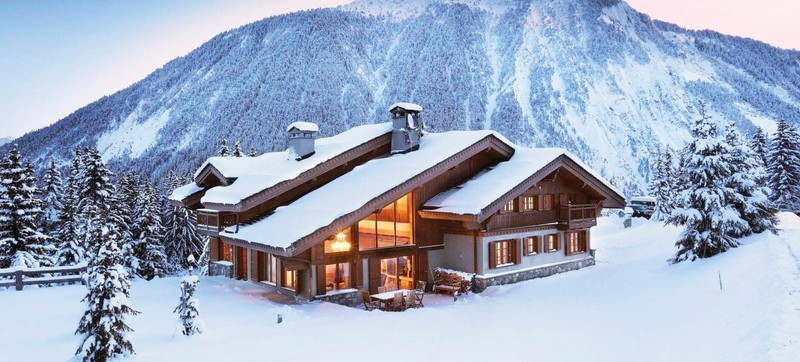Skiing and enjoying a holiday at luxury catered chalet tignes is an exhilarating sport that offers thrills, breathtaking scenery, and the opportunity to connect with nature. However, like any outdoor activity, skiing comes with its own set of risks, and it’s essential for skiers of all levels to prioritise safety on the slopes. In this article, we’ll explore some important skiing safety tips that every skier should know to ensure a safe and enjoyable experience on the mountain.
1. Wear Proper Safety Gear:
One of the most crucial aspects of skiing safety is wearing the right gear. This includes a well-fitted helmet to protect against head injuries, as well as goggles to shield your eyes from sun, wind, and snow glare. Additionally, dress in layers of moisture-wicking clothing to stay warm and dry, and don’t forget to wear sunscreen to protect your skin from the sun’s harmful rays.
2. Know Your Limits:
It’s important to ski within your ability level and avoid attempting runs that are beyond your skill level. Be honest with yourself about your skiing abilities and don’t be afraid to stick to easier trails until you feel more confident. Pushing yourself too hard or skiing recklessly can increase the risk of accidents and injuries.
3. Obey Skiing Etiquette and Rules:
Familiarise yourself with the skier responsibility code and adhere to skiing etiquette while on the slopes. This includes yielding to other skiers when merging onto a trail, maintaining a safe distance from others, and looking uphill before starting downhill or crossing a trail. Always follow posted signs and warnings, such as trail difficulty ratings and closures.
4. Stay Hydrated and Take Breaks:
Skiing is a physically demanding activity, and it’s essential to stay hydrated and fueled throughout the day. Drink plenty of water and pack high-energy snacks to keep your energy levels up. Take regular breaks to rest and refuel, especially if you start to feel fatigued or lightheaded.
5. Be Aware of Weather Conditions:
Keep an eye on weather forecasts and be prepared for changing conditions on the mountain. Dress appropriately for the weather and be cautious in adverse conditions such as low visibility, high winds, or icy slopes. If conditions become unsafe, consider taking a break or calling it a day and skiing another time.
6. Use Proper Equipment and Maintain it Regularly:
Ensure your ski equipment is properly fitted, adjusted, and in good working condition before hitting the slopes. Check your bindings for proper release settings and have them adjusted by a professional if needed. Inspect your skis or snowboard for any damage or wear and tear, and address any issues before heading out.
7. Take Ski Lessons and Continue to Improve:
Even experienced skiers can benefit from taking ski lessons to improve their skills and technique. Consider enrolling in lessons or clinics tailored to your skill level, whether you’re a beginner looking to learn the basics or an advanced skier seeking to refine your technique. Continuous improvement not only enhances your enjoyment of the sport but also reduces the risk of accidents and injuries.
In conclusion, staying safe on the slopes is paramount for every skier, regardless of skill level. By following these important skiing safety tips, you can minimise the risk of accidents and injuries and enjoy a fun and memorable skiing experience in the mountains. Remember to always prioritise safety, be aware of your surroundings, and respect other skiers on the mountain.











